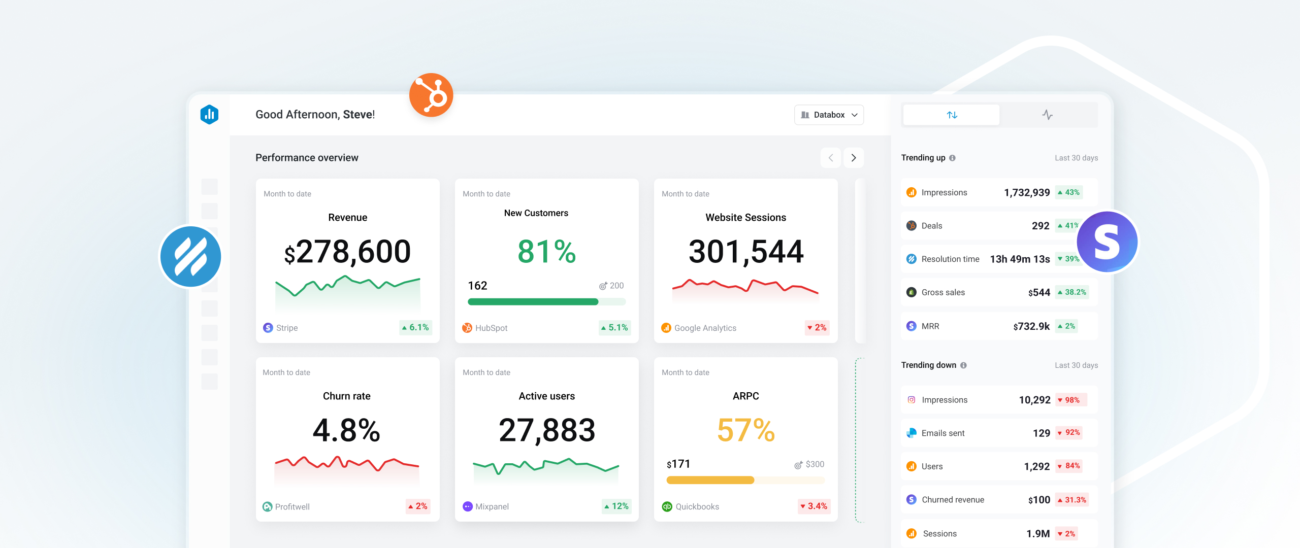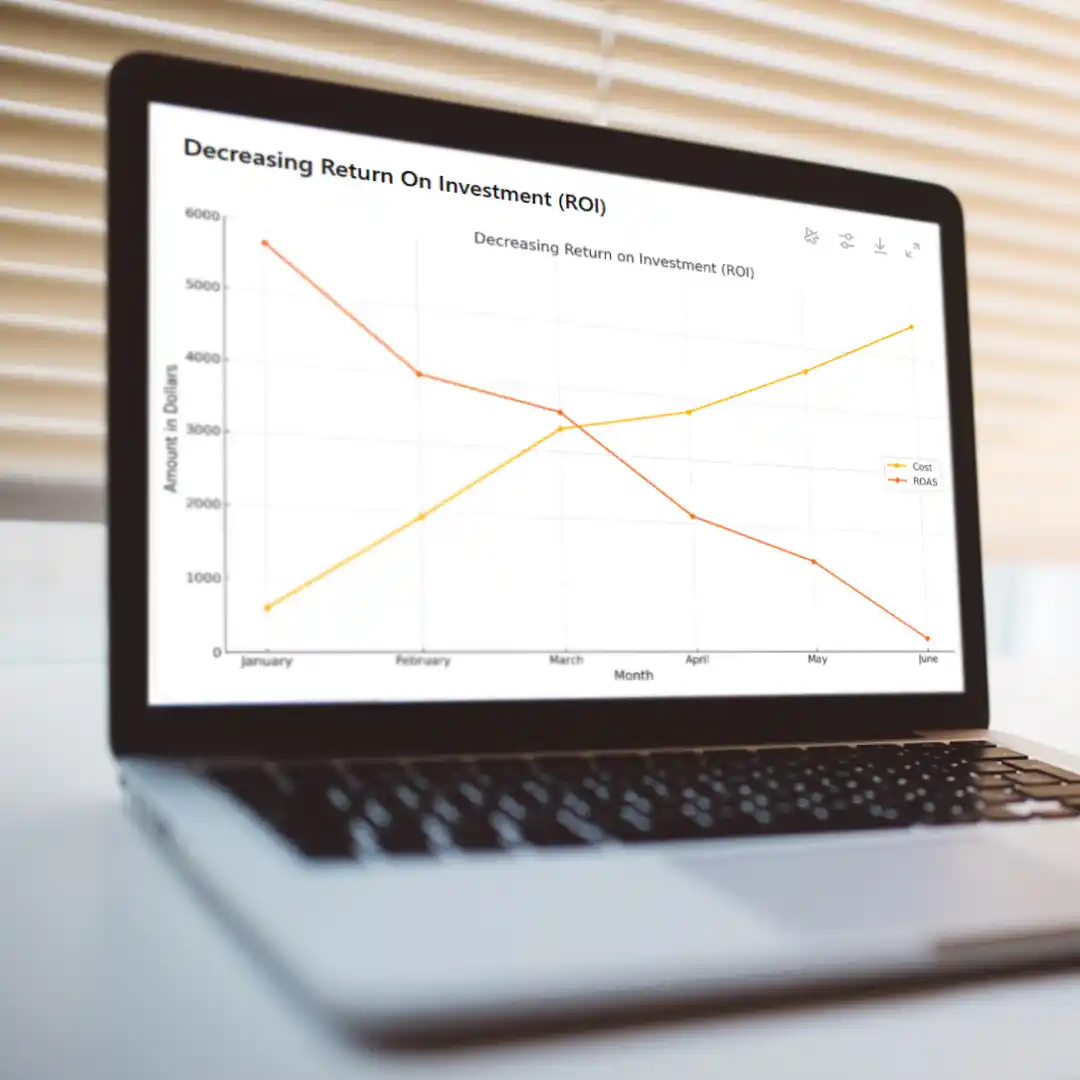Having a mobile-friendly website is becoming increasingly important. There’s plenty of data to support this argument:
- Mobile is the primary device people use when performing a Google search (Google, 2016).
- 89% of people are likely to recommend a brand after a positive brand experience on mobile (Google, 2017).
- 53% of people will abandon a mobile site if it takes more than three seconds to load (Google, 2016).
- 76% of people who search on their smartphones for something nearby visit a business within a day (Google, 2016).
- Mobile indexing will become the new benchmark for website performance and search beginning July 2018 (Google, 2018)
Despite all this data supporting mobile-friendly experiences, many websites are still waiting to be upgraded.
For the past few years, Google has been increasingly emphasizing the importance of mobile-friendly websites, but until recently Google’s search results were based on the desktop versions of websites. In other words, Google was crawling the content on the desktop version of your website in order to determine if it was a good match for a query someone searched. In November 2016, Google started experimenting with mobile-first indexing, recognizing the upward trend in mobile search.
In March 2018, Google announced that they’ve perfected this strategy and will make it a priority for all queries beginning in July. As Google explains in their recent announcement, “To recap, our crawling, indexing, and ranking systems have typically used the desktop version of a page’s content, which may cause issues for mobile searchers when that version is vastly different from the mobile version. Mobile-first indexing means that we’ll use the mobile version of the page for indexing and ranking, to better help our – primarily mobile – users find what they’re looking for.” This is a very big step for Google in terms of prioritizing mobile-first websites.
When this update goes live, it could negatively affect your search rankings, especially if you have a site configuration where the content differs on mobile and desktop versions. If you have a responsive site, then this update probably won’t have a big impact, but many businesses have a desktop site that is rich with content, pages, blog articles, etc. and a mobile site that offers much less content to make it sleeker and easier to navigate. Those intentional design decisions that make a better mobile experience might come back to hurt indexing performance, as a result of this change in strategy.
So, what must you do to prepare for Mobile-First Indexing? Here are our recommendations:
- If you’re not sure if your website is mobile-friendly: Use Google’s Mobile-Friendly Test to find out.
- If your site is not mobile-friendly: Start planning and budgeting now so you can afford to update your website and make it mobile-friendly. We would be happy to help you update your website, if you don’t already have a developer. If you won’t be able to afford the upgrade in the near future, consider using a landing page builder tool like GoDaddy’s Website Builder, Squarespace, or Wix to generate responsive landing pages for your domain.
- If your site has separate mobile and desktop versions: Work on your site configuration and make sure your mobile site is not considered “thin” on content. You can use Google’s Structured Data Testing Tool to test your desktop site versus your mobile site and compare the output to determine how the sites vary.
- If you have a responsive site that is mobile-friendly: You should be in pretty good shape, but we’d still recommend running your site through Google’s Mobile Website Speed Testing Tool. This tool will give you a score on how mobile-friendly your website is as well as other recommendations to improve a user’s mobile experience.
We understand that for many organizations, this news may seem daunting. But with a solid plan and an excellent mobile-friendly website, this shift to mobile-first indexing should not drastically change your current website performance in Google search rankings.





